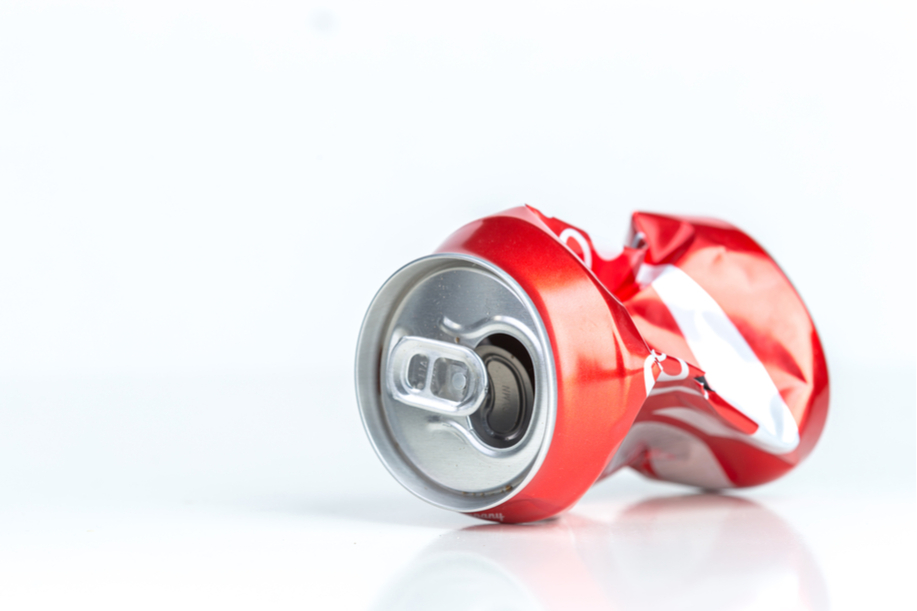As the year closes, we’ll offer some looks back at how issues have developed and progressed over the last year. We’re starting with high fructose corn syrup. You know, that natural sweetener that bloggers and Internet denizens like to beat up?
We’ve been saying for years that this sugar made from corn is nutritionally no different than sugar made from beets or sugar cane. This year, we saw more and more public embrace of the simple fact that sugar is sugar. We even saw Dr. Oz lighten up on his previous singling-out of high fructose corn syrup. (Maybe he had to make room for promoting pseudoscience.)
Hype Dispelled by Hype Maker
The high fructose corn syrup “controversy” started in 2004 with a hypothesis co-authored by North Carolina professor Barry Popkin, in which he speculated that high fructose corn syrup could be behind the rise in obesity rates. It was a classic example of correlation versus causation. But what does he say these days?
“Now I feel really bad,” Popkin says. “We were only speculating that there might be an adverse effect; it kind of allowed people to take off on high-fructose corn syrup as an evil….All sugar you eat is the same. That’s what we know now that we didn’t know in 2004.”
Michael Pollan Issues Mea Culpa
Barry Popkin wasn’t the only person to admit a syrupy mistake. Journalism professor Michael Pollan, who made big hubbub about high fructose corn syrup (and corn generally) in his books, backtracked on his previous statements:
I’ve done a lot to demonize it. And people took away the message that there was something intrinsically wrong with it. A lot of research says this isn’t the case. But there is a problem with how much total sugar we consume.
Wordsmiths Recognize Need for Change
A brouhaha broke out after high fructose corn syrup makers petitioned the FDA to allow the use of the name “corn sugar” instead of “high fructose corn syrup.” Some called it a cynical move. But many newspapers recognized that change is needed for consumers.
The Los Angeles Times editorial board writes that “corn sugar is probably a more understandable term.” Other papers have argued that “It’s hard to get simpler and clearer than corn sugar” and “There’s no reason for [the FDA] to delay longer” in approving the change.




